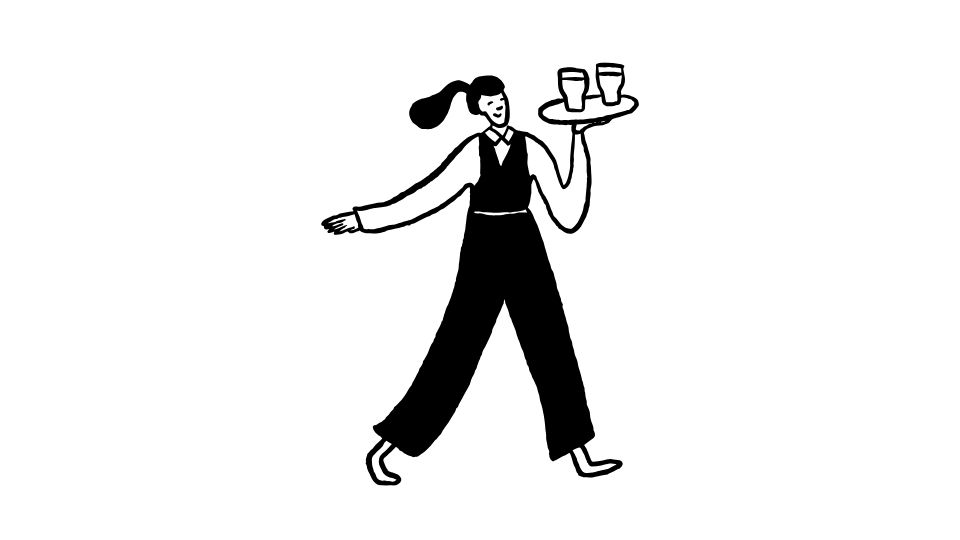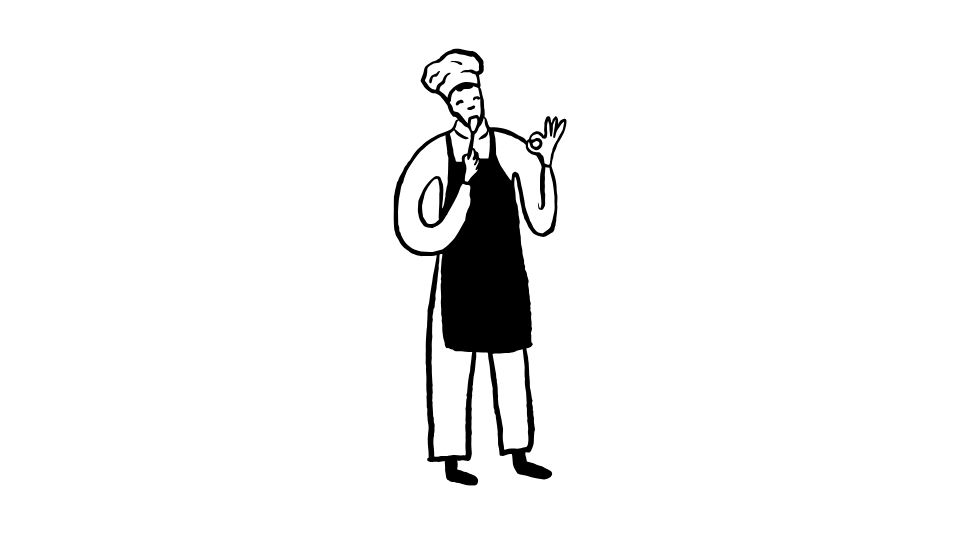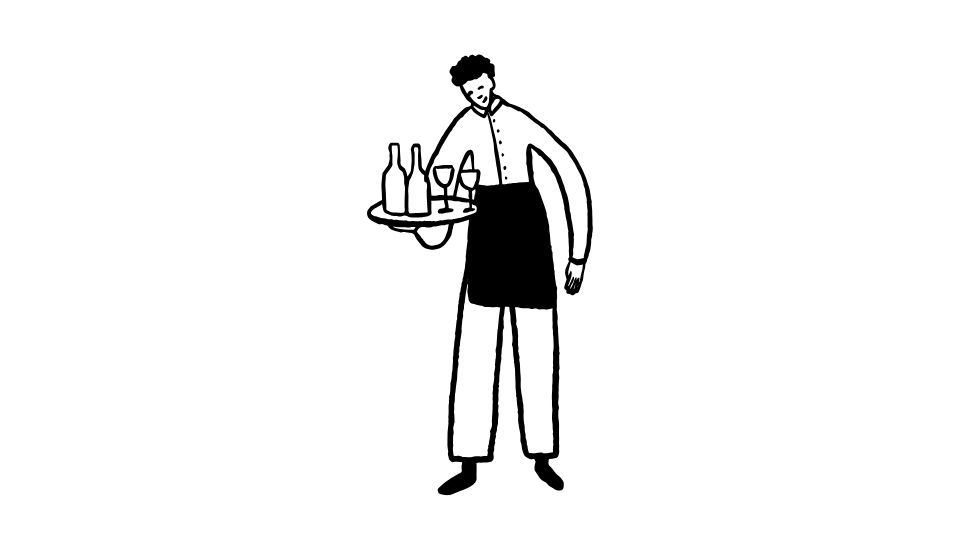Why It’s Crucial to Train Food Servers Properly

Ever wonder what your server actually knows about food safety?
It’s not just about balancing plates and taking orders. Behind the scenes, food servers are (or should be) trained in critical skills that protect your health and enhance your dining experience.
So next time you’re at a restaurant, here’s what your server should know if they’re properly trained:
What Your Food Server Should Know: From Safety to Service
Food servers are the unsung heroes of your dining experience. They’re the ones making sure your meal isn’t just delicious but also safe to eat. Proper training isn’t just a nice-to-have—it’s essential for preventing food borne illness, delivering great service, and keeping restaurants on the right side of the law.
Let’s break down what every food server should be trained on (and why it matters to you):
1. Food Safety Fundamentals

This is the big one. Your server needs to know how to:
- Wash their hands properly (not just a quick rinse!)
- Prevent cross-contamination between raw and cooked foods
- Understand safe food temperatures to keep bacteria at bay
- Follow cleaning and sanitizing protocols
- Spot potential contamination risks
Many regions require food handlers to complete certification programs like the Serv-Safe Food Handler course or obtain a Food Handler Certificate. These aren’t just bureaucratic hoops—they’re designed to protect public health.
2. Next-Level Customer Service
Ever had a server who seemed annoyed you were even there? That’s not just unpleasant—it’s unprofessional.
Proper training should cover:
- Professional communication skills
- How to handle customer complaints gracefully
- Reading customer cues (when to check in and when to give space)
- Active listening techniques
- Handling special requests with patience
According to a study by Harvard Business Review, customers who had the best experiences spend 140% more than those who had the poorest ones. Good service literally pays off!
3. Knowing the Legal Stuff

Your server should understand the regulations that govern food service. In California, for example, SB 303 requires food handlers to complete accredited training and maintain valid food handler cards.
Training should cover:
- Local health code requirements
- Alcohol service laws (where applicable)
- Documentation requirements
- Employee rights and responsibilities
These regulations aren’t arbitrary—they’re designed to create consistent safety standards across the industry.
4. Menu Mastery

A well-trained server can tell you exactly what’s in that soup without running to the kitchen. They should know:
- Detailed ingredients in every dish
- Common food allergens and which menu items contain them
- How dishes are prepared
- Wine and beverage pairings
- Substitution options
This knowledge isn’t just convenient—for customers with food allergies, it can be life-saving.
5. Handling Emergencies
What happens if someone starts choking? Or has an allergic reaction?
Servers should be trained to:
- Recognize signs of choking and allergic reactions
- Know basic first aid procedures
- Understand when and how to call for emergency help
- Report food safety incidents immediately
According to the CDC, about 48 million people get sick from food borne illnesses each year. Prompt response to emergencies can make a huge difference.
6. On-going Education
The food service industry is always evolving, and training shouldn’t be a one-and-done deal.
Continuous training might include:
- Refresher courses on food safety
- Updates on changing regulations
- New menu training
- Advanced service techniques
Why Should You Care About Server Training?

As a diner, properly trained servers directly impact your experience in several ways:
- Your health is protected when servers follow proper food safety protocols
- Your dining experience is enhanced with knowledgeable, attentive service
- You’re less likely to encounter problems like incorrect orders or allergen exposure
- The overall restaurant operations run smoother, meaning less wait time and frustration
The next time you get excellent service, remember there’s probably some solid training behind it. And if your server knows every ingredient in that complicated special without checking? That’s not just impressive—it’s the sign of a professional who’s been properly prepared for their role.
So here’s to the well-trained servers who make dining out both safe and enjoyable!
